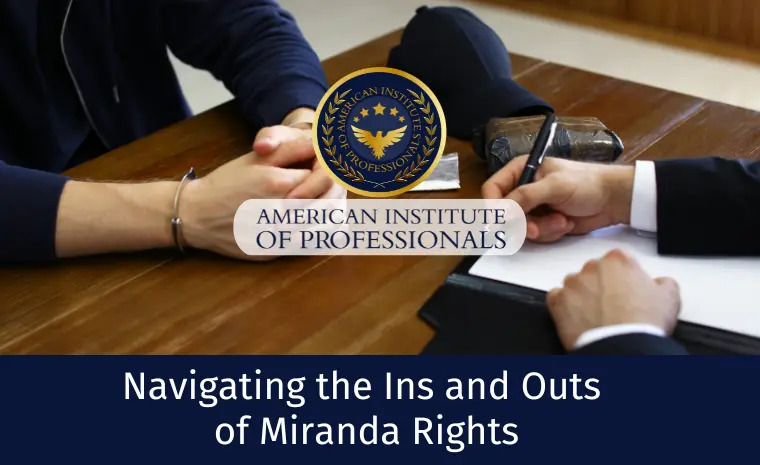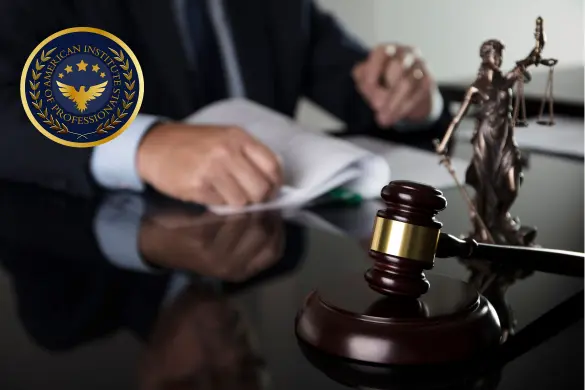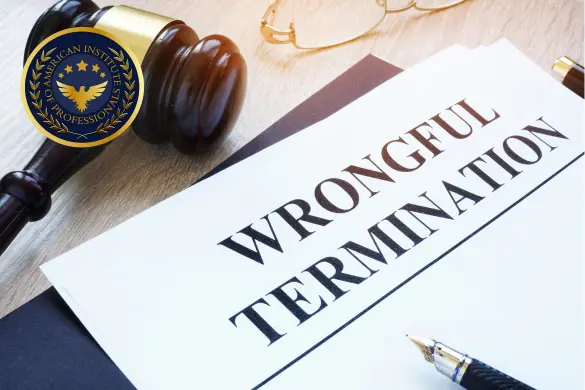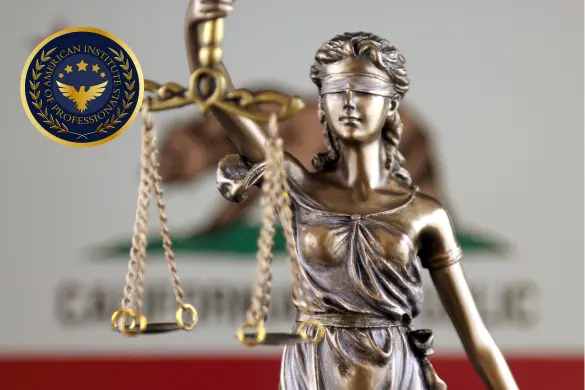Miranda Rights, also known as the Miranda warning, are constitutional rights guaranteed to individuals in the United States during custodial interrogation by law enforcement authorities. Understanding these rights is paramount for anyone encountering law enforcement, as they guarantee crucial protections such as the right to remain silent and the right to legal counsel.
In this blog, we will delve into the intricacies of Miranda warnings, exploring their origins, key components, and significance in ensuring a fair trial.
What are Miranda Rights?
Miranda Rights, stemming from the case of Ernesto Miranda in the United States Supreme Court case Miranda v. Arizona (U.S. 436), encompass several crucial constitutional rights. These rights include the right to remain silent, the right to have an attorney present during questioning, and the warning that anything said can be used against the individual in court.
The origin of these rights dates back to 1966 when the Supreme Court ruled that individuals in custody must be informed of their rights before interrogation. This ruling aimed to prevent coercion and ensure fairness during police interactions, safeguarding individuals’ rights against self-incrimination and guaranteeing access to legal representation.
Miranda Rights Amendment
The Miranda Rights Amendment stems from the landmark U.S. Supreme Court case Miranda v. Arizona (U.S. 436) and is rooted in the Fifth Amendment of the United States Constitution. This amendment outlines fundamental constitutional limits on police procedure, especially during custodial interrogation of criminal suspects.
Over time, these rights have evolved significantly, initially applying only to federal courts but later being partially incorporated into state jurisdictions through the Due Process Clause of the Fourteenth Amendment. This evolution grants criminal suspects rights to legal counsel during interrogation, protection against self-incrimination, and safeguards against property seizure without fair compensation. These rights are essential for ensuring a fair criminal trial.

Navigating Miranda Rights in Florida
When navigating Miranda warnings in Florida, individuals should consider the unique aspects of how these rights are applied in the state. The Miranda rule focuses specifically on situations involving both custody and interrogation, meaning statements made outside this context may still be admissible as evidence.
While the fundamental rights outlined in Miranda remain consistent across the United States, including the right to remain silent, the right to an attorney, and the warning about the potential use of statements in court, the actual wording of Miranda warnings can vary from state to state.
Looking for legal guidance?
Tips for Protecting Your Miranda Rights
To safeguard these rights effectively, individuals should follow practical advice. If law enforcement officials fail to read Miranda warnings or violate them during custodial police interrogation, individuals should calmly assert their rights and avoid making any statements until consulting with a lawyer.
This step is crucial to prevent potential self-incrimination and ensure that any evidence presented at trial is not a product of interrogation without proper Miranda warnings.
Miranda warning, established by the Supreme Court in the United States as a constitutional rule, protects the rights of suspects in custody and upholds human dignity during criminal trials. Consulting with a criminal defense lawyer is essential for understanding these rights, navigating legal proceedings, and ensuring fair treatment in the criminal justice system.
Secure Your Rights
Understanding what Miranda Rights are is crucial for anyone encountering custodial interrogation in the United States. Consulting with a criminal defense lawyer in Florida becomes essential to navigate these rights effectively.
These rights protect human dignity by ensuring fair treatment during interrogation and preventing the use of coerced or improper evidence at trial. Therefore, it is imperative to be aware of their rights and to seek legal advice promptly when facing issues related to custodial interrogation.





